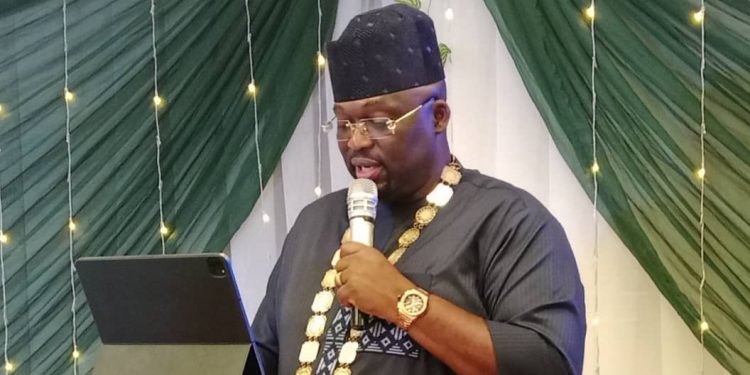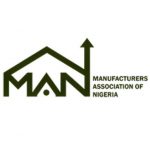Manufacturers in Ogun State are grappling with severe challenges, including a stockpile of unsold goods worth N350 billion, driven by forex scarcity, infrastructural issues, and escalating production costs.
At the Manufacturers Association of Nigeria (MAN) Ogun Chapter’s 39th Annual General Meeting in Abeokuta, Chairman George Onafowokan detailed the dire situation facing the sector. He identified forex challenges and the skyrocketing dollar rate as the primary factors crippling manufacturers, labeling it “a daily dilemma.”
“Since the naira’s float in 2023, its value has plunged by nearly 70%, reaching N1,900 per dollar in February 2024. This forces manufacturers to rely on expensive black-market forex, doubling production costs,” Onafowokan explained.
The sector has suffered heavy losses, with 16 major manufacturers losing N792 billion due to currency depreciation. Capacity utilization has also dropped to a mere 2.4%, as high costs prevent companies from importing essential raw materials. This has left many businesses on the brink of collapse, with growing job losses and massive inventories of unsold products.
Infrastructure and Energy Costs Add to Woes
Ogun’s deteriorating road infrastructure has further worsened the plight of manufacturers. “Poor expressways and link roads have inflated transportation costs, with some haulage firms refusing services altogether,” Onafowokan said.
Although he commended the state government for ongoing repairs on key routes like the Atan-Igbesa-Agbara road, he urged faster action to prevent additional losses.
Energy costs remain another significant burden. Manufacturers spend 40% of production costs on power due to an unreliable electricity supply, relying heavily on expensive generators. A recent 240% hike in electricity tariffs, alongside rising diesel and gas prices, has worsened the situation.
“The sudden tariff increases and disconnections imposed by the Nigerian Electricity Regulatory Commission have made our costs unbearable,” Onafowokan added.
Calls for Support and Strategic Solutions
Guest speaker Ola Olabinjo, Managing Director of Skystone Finance Company, urged the government to stabilize the exchange rate. “Manufacturers are not seeking extraordinary profits but need sufficient margins to cover production costs and pay workers fairly,” he said.
Olabinjo also criticized excessive taxation on the sector and encouraged manufacturers to adopt shorter cash conversion cycles, consider alternative local raw materials, and explore debt capital markets for financing instead of relying on commercial loans. “A strategic approach to financing and inventory can ease the strain on manufacturers,” he emphasized.
Ogun State’s Commissioner for Industry, Trade, and Investment, Adeola Sofela, assured stakeholders of the government’s commitment to improving the business environment. “We are focused on building critical infrastructure, including the Abeokuta-Lagos and Atan-Igbesa-Agbara roads, while harmonizing taxes to reduce burdens on manufacturers,” Sofela said.
He reiterated the state’s ambition to sustain its status as Nigeria’s industrial capital, vowing to address manufacturers’ concerns and foster growth in the sector. With persistent forex challenges, infrastructure deficits, and soaring energy costs, Ogun’s manufacturers face an uphill battle. However, calls for strategic planning, tax reforms, and government support signal hope for revitalizing the sector and boosting Nigeria’s industrial landscape.










